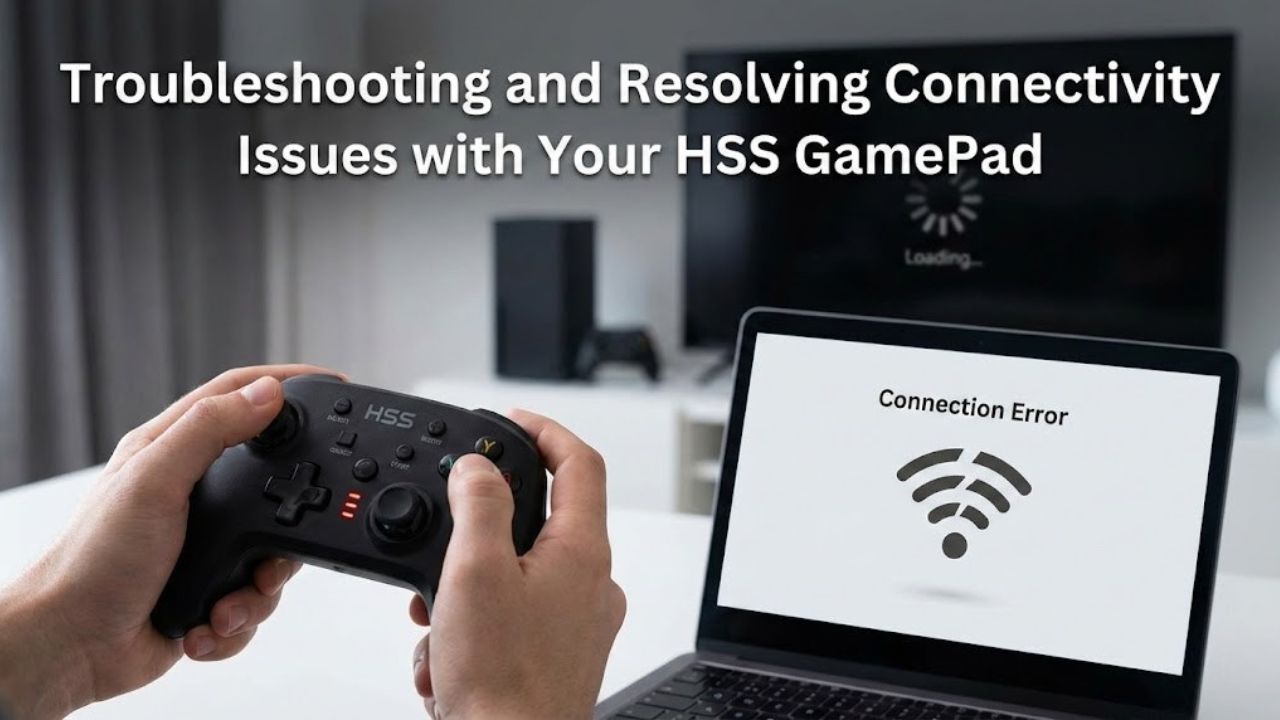Contracts are foundational elements in both personal and professional relationships, serving as legally binding documents that outline the terms, responsibilities, and expectations of the involved parties.
Whether you’re signing a lease, hiring a contractor, or entering into a partnership agreement, understanding the details of the contract is crucial to protecting your rights and interests.
Misunderstandings or overlooked details can lead to significant consequences, including legal disputes and financial loss.
This article delves into ten critical factors to consider before signing any contract, providing you with a comprehensive guide to ensure that you enter agreements with confidence and clarity.
1. Understand the Terms
Contracts can be lengthy and filled with legal jargon, making it easy to overlook critical information.
It’s essential to read the entire document from start to finish, ensuring you understand each section.
Pay close attention to the following areas:
- Definitions:
Many contracts include a section that defines key terms.
Familiarize yourself with these definitions to understand the context of the agreement.
- Clauses:
Look for clauses that outline specific obligations, penalties, and conditions.
These details can be pivotal in understanding your rights and responsibilities.
Clarify Ambiguities
If you encounter any terms or phrases that are unclear, seek clarification. It’s advisable to ask the other party for definitions or examples.
A few common ambiguities to watch out for include:
- “Best efforts” vs. “Reasonable efforts”:
These phrases can imply different levels of commitment and performance.
- “Force majeure” clauses:
Understand what circumstances might allow one party to break the contract without penalties.
Key Takeaway
Fully comprehending the terms of the contract protects you from hidden liabilities and ensures clarity about your commitments.
2. Identify the Parties Involved
Make sure that all parties involved in the contract are clearly identified.
This includes their legal names, business designations (if applicable), and addresses. Misidentification can lead to complications in enforcing the contract.
Assess Credibility
Before signing, research the credibility of the other party. Here are some steps to take:
- Background Check:
Look up the other party’s business history, reputation, and financial stability.
Websites like Better Business Bureau or local chambers of commerce can provide valuable insights.
- References:
Ask for references from previous clients or partners.
Speaking to others who have worked with them can reveal potential red flags.
Key Takeaway
Identifying and verifying all parties ensures that you are entering into a contract with legitimate individuals or organizations, thereby reducing risks.
3. Evaluate the Terms of Performance
Each party’s obligations should be clearly defined within the contract.
Ensure that the following are included:
- Specific Duties:
Outline what each party is responsible for.
For example, if you’re hiring a contractor, the contract should specify the scope of work, materials used, and deadlines.
- Quality Standards:
Include any quality metrics or standards that need to be met to avoid disputes over performance.
Assess Timelines
Timelines are crucial in ensuring that all parties remain accountable. Look for:
- Milestones:
Specific deadlines for deliverables, which allow for tracking progress.
- Completion Dates:
Clear end dates for the overall contract term, including what happens if deadlines are missed.
Key Takeaway
Having a clear understanding of the terms of performance ensures that all parties are aligned on expectations, reducing the chances of conflicts.
4. Review Payment Terms
A thorough examination of payment terms is vital to ensure financial readiness.
Key components to review include:
- Total Costs:
Ensure you understand the full financial commitment, including any upfront fees, installment plans, or additional costs.
- Payment Methods:
Confirm acceptable payment methods (credit card, bank transfer, etc.) and whether they align with your preferences.
Clarify Additional Fees
Many contracts have additional fees that may not be immediately apparent. Look for clauses that mention:
- Late Payment Penalties:
Understand the consequences of not meeting payment deadlines.
- Service Charges:
Additional costs for changes in scope, extra services, or materials.
Key Takeaway
A thorough understanding of payment terms ensures that you are financially prepared and aware of any potential costs involved in the agreement.
5. Consider Duration and Termination
Contracts can have different timeframes, including fixed terms or ongoing agreements. Ensure you clarify:
- Start and End Dates:
Know when the contract begins and ends, including any renewal clauses.
- Extension Terms:
Understand how and when the contract can be extended.
Understand Termination Clauses
Termination clauses outline how and when either party can exit the contract.
Important aspects to review include:
- Notice Requirements:
Some contracts require written notice a certain number of days in advance before terminating.
- Termination Fees:
Be aware of any penalties or fees associated with terminating the contract early.
Key Takeaway
Understanding the duration and termination clauses allows you to anticipate your future obligations and options should circumstances change.
6. Assess Liability and Indemnification
Identify Liability Clauses
Liability clauses outline the extent of responsibility each party has for damages or losses. Review the following:
- Limitations of Liability:
Understand if there are caps on how much one party can claim for damages.
- Consequential Damages:
Be aware of whether you or the other party can claim damages for indirect or incidental losses.
Consider Indemnification
Indemnification clauses protect one party from legal liability resulting from the actions of another. Ensure you understand:
- Scope of Indemnification:
Know what situations the indemnification applies to, such as negligence or breach of contract.
- Responsibilities:
Understand what your obligations will be in the event that indemnification is triggered.
Key Takeaway
Assessing liability and indemnification helps you understand your risks and safeguards against potential financial fallout.
7. Review Confidentiality Provisions
Check for Confidentiality Clauses
If sensitive information will be shared during the course of the agreement, confidentiality clauses are essential. Consider the following:
- Scope of Confidentiality:
Ensure the clause specifies what information is considered confidential.
- Duration:
Understand how long the confidentiality obligation lasts after the contract ends.
Understand Consequences of Breach
Review the penalties for breaching the confidentiality agreement. This can include:
- Legal Remedies:
Understand what legal actions can be taken if confidential information is disclosed.
- Financial Penalties:
Be aware of any fines or compensation required if a breach occurs.
Key Takeaway
Understanding confidentiality provisions is crucial for protecting your sensitive information and maintaining a competitive edge.
8. Look for Dispute Resolution Procedures
Identify How Disputes Will Be Handled
Most contracts include clauses specifying how disputes will be resolved. Familiarize yourself with:
- Arbitration vs. Litigation:
Understand whether disputes will go to arbitration (a private resolution) or to court, and what the implications of each option are.
- Mediation:
Some contracts may require mediation before litigation, providing an opportunity to resolve issues amicably.
Consider Location and Jurisdiction
Pay attention to the jurisdiction specified in the contract, as it impacts legal rights and obligations. Key considerations include:
- Governing Law:
Know which state or country’s laws govern the contract, as laws can vary significantly.
- Venue:
Understand where any legal disputes will be heard, which can impact convenience and costs.
Key Takeaway
Understanding dispute resolution procedures prepares you for potential conflicts and ensures that you know how to address any issues that arise.
9. Seek Professional Advice
Consult Legal Experts
Before signing a contract, consider consulting with a legal professional. An attorney can help you:
- Identify Red Flags:
They can pinpoint any troublesome clauses that may be detrimental to your interests.
- Negotiate Terms:
Legal experts can assist in negotiating terms that are more favorable to you.
Get Financial Advice if Necessary
In complex financial agreements, it may also be wise to consult with a financial advisor.
They can help you assess the financial risks and benefits associated with the contract, including:
- Cost-Benefit Analysis:
Evaluating whether the terms make financial sense based on your situation.
- Budget Implications:
Understanding how the agreement will affect your financial planning and cash flow.
Key Takeaway
Seeking professional advice provides you with expert insights and can help you avoid costly mistakes.
10. Trust Your Instincts
Listen to Your Gut
If something feels off about the contract or the parties involved, trust your instincts. This might include:
- Unreasonable Terms:
If the terms seem too good to be true, they often are.
Be cautious of unrealistic promises or conditions.
- High-Pressure Tactics:
If you feel rushed to sign without adequate time for review, take a step back.
Take Your Time
Rushing into a decision can lead to oversights.
If you’re unsure about any aspect of the contract, take the time to reflect, ask questions, and clarify details. Consider the following:
- Discuss with Others:
Talk it over with trusted friends or colleagues who may offer different perspectives.
- Set a Deadline for Decision:
Allow yourself a defined period to review the contract without pressure.
Key Takeaway
Trusting your instincts and taking the necessary time to evaluate the contract can help you avoid unfavorable agreements.
Conclusion
Entering into a contract is a significant commitment that requires careful consideration and understanding.
By assessing these ten critical factors—ranging from understanding terms and payment obligations to seeking professional advice—you can make informed decisions and protect your interests.
Whether you are signing a personal agreement or a business contract, taking the time to evaluate these elements can save you from potential disputes and financial losses in the future.
Always remember, a well-informed decision is the foundation of any successful agreement, enabling you to move forward with confidence and peace of mind.





































